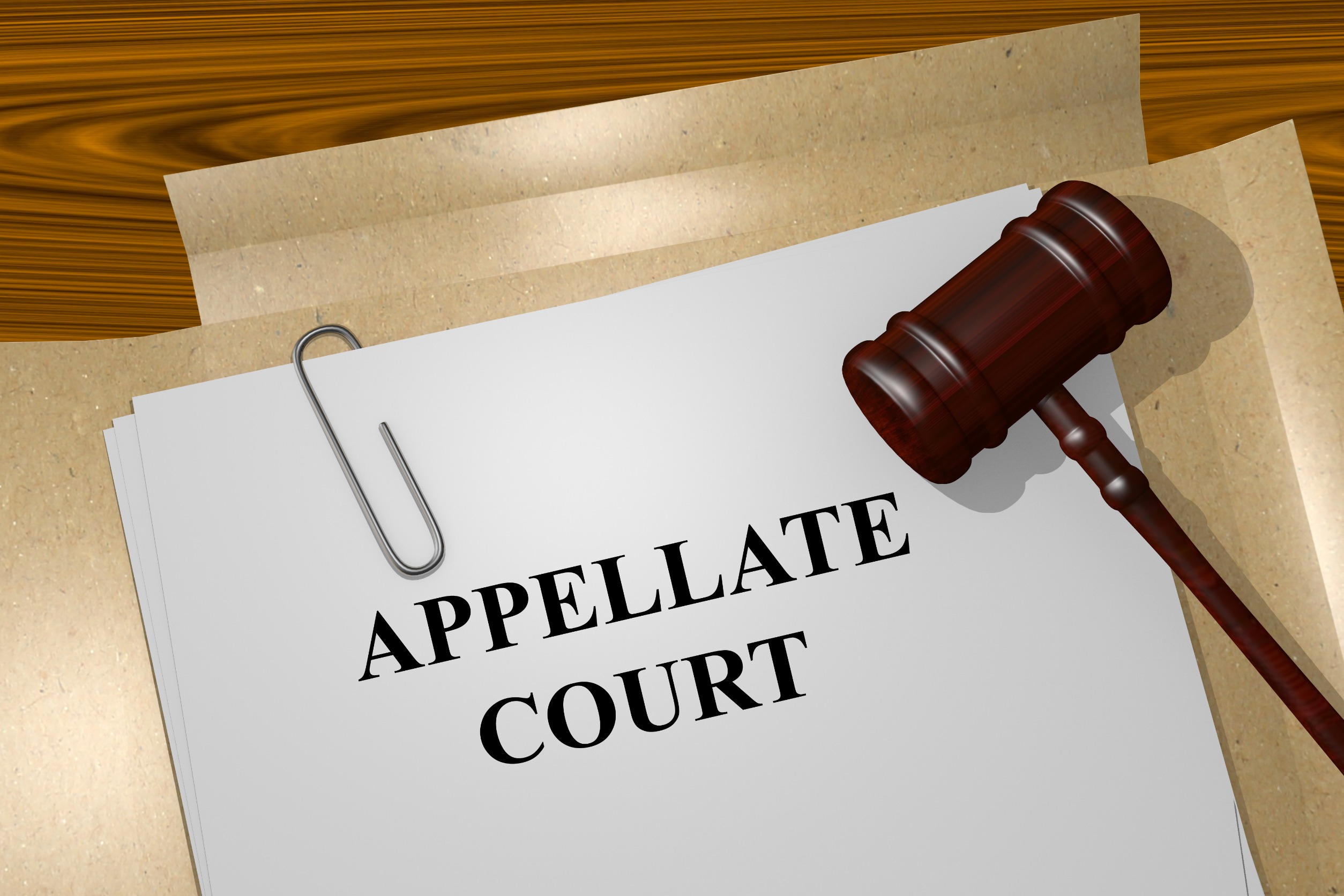By: Editorial Staff, Date: June 5th, 2023
Bad faith insurance explained
Bad faith insurance refers to a situation where an insurance company acts dishonestly towards its policyholders and fails to fulfil its contractual obligations in dealing with a policyholder’s claim or engages in deceptive practices to deny or delay the payment of a valid claim.
Insurance companies have a legal duty to act in good faith when handling claims, thus they’re expected to process claims promptly, thoroughly investigate them, and make a fair settlement offer when appropriate.

Related Webinar: Insurance and Bad Faith Litigation: Latest Updates and Risk Mitigation Strategies
Bad faith insurance can manifest in several ways:
- Unreasonable claim denial: An insurer may unjustifiably deny a valid claim without conducting a proper investigation or providing a reasonable explanation. They might misinterpret policy language or intentionally misrepresent facts to deny coverage.
- Delayed claim processing: Insurance companies should handle claims promptly. Deliberate and unwarranted delays in processing claims can cause significant financial hardship to policyholders who are waiting for compensation.
- Inadequate investigation: Insurers are responsible for conducting a thorough investigation into the circumstances surrounding a claim. Failure to do so, or conducting a biased investigation, can be indicative of bad faith.
- Undervaluing claims: Insurance companies must provide fair compensation based on the terms of the policy and the extent of the loss. However, they may intentionally undervalue claims to minimize their financial obligations.
- Breach of contract: Insurance policies are contracts between the policyholder and the insurance company. If an insurer fails to fulfil its obligations as outlined in the policy, such as failing to pay a valid claim, it can be considered a breach of contract and an act of bad faith.
- Intimidation or harassment: In some cases, insurers may engage in aggressive or intimidating tactics to discourage policyholders from pursuing their claims. This can include making threats, using deceptive practices, or unfairly pressuring the policyholder to settle for less than they are entitled to.
How to prove bad faith in court?
To prove bad faith in court, you typically need to present evidence that demonstrates the insurance company’s unfair conduct. While specific requirements may vary depending on the jurisdiction and the nature of the case, here are some types of evidence that can help support a claim of bad faith:
- Policy language: Analyzing the insurance policy’s terms and conditions is essential to establish the insurer’s obligations and the policyholder’s rights. If the insurer misinterpreted the policy to deny the claim, it can be helpful to highlight those discrepancies.
- Communications: Any written or recorded communication between the policyholder and the insurance company can be important evidence. This includes emails, letters, recorded phone conversations, and notes from in-person meetings. Such evidence can show the insurer’s attitude, statements, or actions that indicate bad faith.
- Investigation records: If the insurer investigated, obtaining records related to that investigation is crucial. This includes any reports, photographs, expert opinions, or witness statements collected. Inadequate or biased investigation methods can support a claim of bad faith.
- Comparative claims handling: Comparing the insurer’s treatment of the policyholder’s claim with how similar claims were handled in the past can be useful. If it can be demonstrated that the insurer has treated similar claims inconsistently, it may indicate a pattern of bad faith.
It’s important to consult with an attorney who specializes in insurance law to understand the specific requirements and evidentiary standards applicable to your jurisdiction. They can guide in gathering the necessary evidence and building a strong case of bad faith against the insurer.
Join our webinar: Insurance and Bad Faith Litigation: Latest Updates and Risk Mitigation Strategies
Upcoming Webcasts
The Modern Appellate Practice: Handling an Appeal from Start to Finish
In this LIVE Webcast, a panel of thought leaders and professionals brought together by The Knowledge Group will provide and present an in-depth analysis of the fundamentals as well as recent developments in The Modern Appellate Practice: Handling an Appeal from Start to Finish. Speakers will also present all important issues surrounding this significant topic. Join us for this Knowledge Group Webinar!

